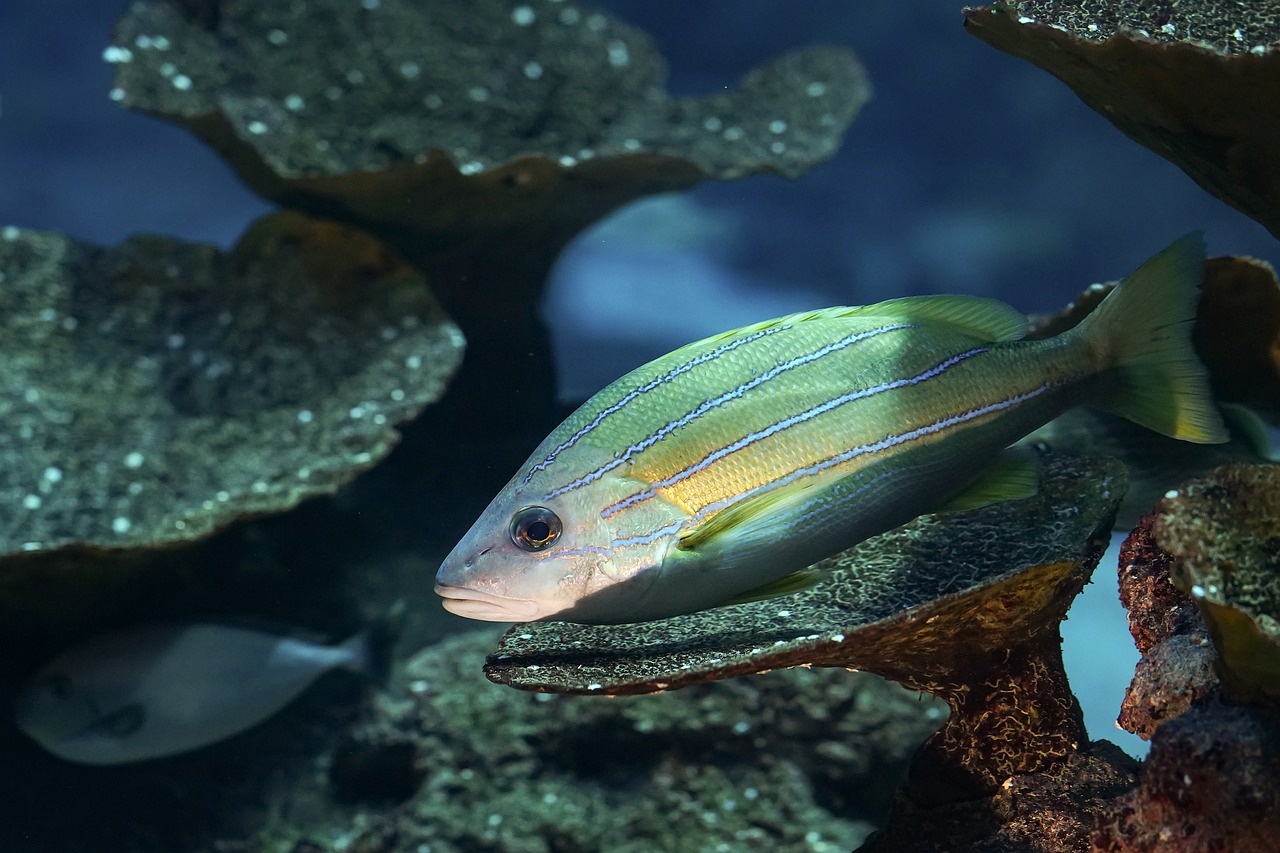Table of Contents
![]()
Aquarium competitions offer a captivating glimpse into the intricate and artistic world of aquatic displays. These events, which range from local shows to international contests, showcase the creativity, technical skill, and dedication of aquarium enthusiasts. This article provides an in-depth exploration of aquarium competitions, tracing their history, understanding their types and criteria, and examining their impact on both the hobby and industry.
History and Evolution
Aquarium competitions have evolved significantly since their inception. Early forms of aquarium displays were simple, often limited to local gatherings where hobbyists showcased their tanks in community events. The formalization of these contests began in the 20th century, with notable milestones such as the establishment of international competitions and the standardization of judging criteria.
One of the earliest organized competitions was the “All-Japan Aquascaping Contest,” now known as the International Aquatic Plants Layout Contest (IAPLC), which began in the 1990s. This event, founded by Aqua Design Amano (ADA), set a new standard for aquascaping and has since become a cornerstone in the world of aquarium competitions. Over the years, competitions have grown in scale and sophistication, incorporating more categories and advanced judging criteria.
Types of Aquarium Competitions
Aquarium competitions can be broadly categorized based on the type of aquarium and the focus of the contest:
Aquascaping
Aquascaping competitions emphasize the art of arranging aquatic plants, rocks, and substrates to create visually appealing underwater landscapes. The International Aquatic Plants Layout Contest (IAPLC) is one of the most prestigious in this category. Participants are judged on the aesthetic appeal, creativity, and technical execution of their layouts.
Marine and Reef Tank Competitions
Marine and reef tank competitions focus on the complex and vibrant world of saltwater aquariums. These contests often highlight the beauty and health of coral reefs and marine ecosystems. Events like the Marine Aquarium Conference of North America (MACNA) and Reef2Reef showcase these stunning underwater worlds, with categories ranging from the most impressive reef tank to innovative marine setups.
Freshwater and Planted Tank Competitions
Freshwater and planted tank competitions celebrate tanks featuring freshwater species and planted environments. The Aquatic Gardeners Association (AGA) competition, for example, is renowned for its detailed evaluation of planted aquariums, rewarding the best in both design and plant health.
Specialty Competitions
Specialty competitions focus on unique categories such as nano tanks (small aquariums) or biotope tanks (replicating natural habitats). These contests challenge participants to create miniature worlds or specific ecological setups, often leading to highly creative and intricate designs.
Competition Categories and Criteria
Competitions typically have well-defined judging criteria, focusing on several key aspects:
- Aesthetics and Design: Judges assess the visual appeal and artistic quality of the aquarium. This includes the overall composition, balance, and harmony of elements within the tank.
- Health and Condition of Aquatic Life: The well-being of the fish, plants, and other organisms is crucial. Judges look for signs of a healthy and thriving ecosystem.
- Technical Skills and Equipment Usage: The use of equipment and the technical execution of the setup are evaluated. This includes filtration, lighting, and maintenance practices.
- Creativity and Originality: Unique and innovative designs are often rewarded. Judges appreciate new ideas and approaches that push the boundaries of traditional aquarium design.
Key Players and Organizations
Several organizations play pivotal roles in the world of aquarium competitions:
- International Aquatic Plants Layout Contest (IAPLC): Founded by Aqua Design Amano, this global competition is a benchmark for aquascaping excellence.
- Marine Aquarium Societies: These groups, including MACNA and Reef2Reef, focus on marine and reef tank competitions, promoting advancements and showcasing marine hobbyists’ talents.
Influential judges and experts in these organizations often have extensive backgrounds in marine biology, aquascaping, or related fields. Their expertise and reputation significantly impact the industry and competition standards.
Participation and Preparation
Participating in aquarium competitions involves several steps:
- Registration: Competitors must complete the registration process, which often includes submitting an entry form and paying any associated fees.
- Submission Requirements: Depending on the competition, participants may need to provide photographs, detailed descriptions, or even the physical tank itself.
- Preparation Tips: Successful preparation involves meticulous planning and maintenance. Ensuring the health of aquatic life, optimizing the tank’s design, and fine-tuning technical equipment are essential.
The Competition Experience
Competing in aquarium shows provides a unique experience:
- Event Formats: Competitions may be held live, with physical displays and judging, or virtually, with online submissions and reviews.
- Networking Opportunities: Participants often interact with other hobbyists, experts, and industry professionals, gaining valuable insights and connections.
- Benefits: Beyond the awards, participants enjoy recognition for their hard work, opportunities for personal growth, and exposure to new ideas and techniques.
Trends and Innovations
The world of aquarium competitions is continuously evolving:
- Technological Advancements: Innovations such as LED lighting and advanced filtration systems are becoming standard, enhancing the quality and sustainability of aquariums.
- New Competition Formats: Virtual competitions and live-streamed events are gaining popularity, making it easier for global participants to engage.
Looking ahead, the future of aquarium competitions promises further advancements in technology, more diverse competition categories, and a growing emphasis on sustainability and ethical practices.
Challenges and Controversies
Participants often face various challenges:
- Technical Difficulties: Issues with equipment or tank setup can impact performance.
- Financial Constraints: The cost of high-quality equipment and maintenance can be significant.
Controversies may arise over judging decisions or ethical concerns, such as the use of certain species or tank sizes. Addressing these issues transparently is crucial for maintaining the integrity of competitions.
Conclusion
Aquarium competitions are more than just events; they are a celebration of creativity, technical skill, and dedication. They offer a platform for hobbyists to showcase their talents, learn from others, and contribute to the growth of the aquarium industry. As the field continues to evolve, participants and enthusiasts can look forward to new challenges, innovations, and opportunities in the fascinating world of aquarium competitions.
Share This





Be the first to comment